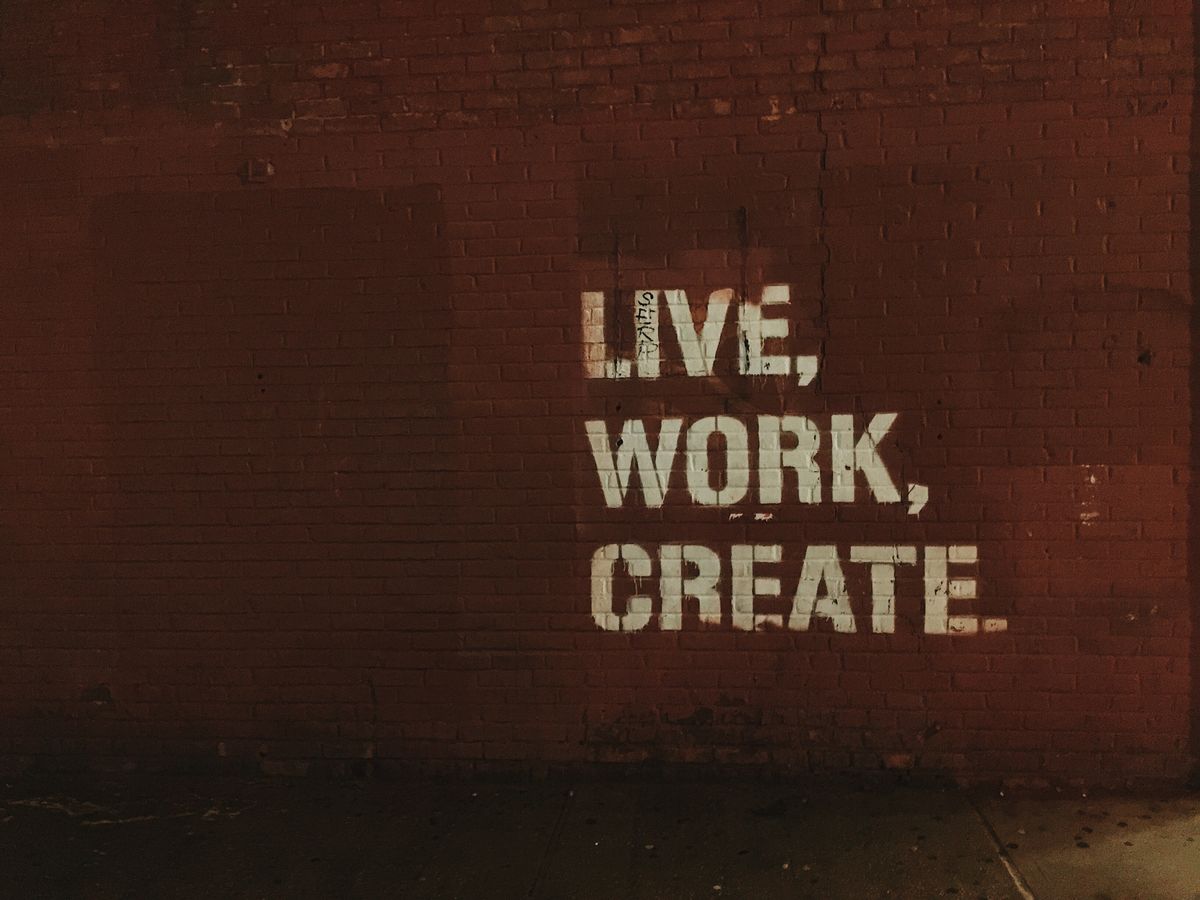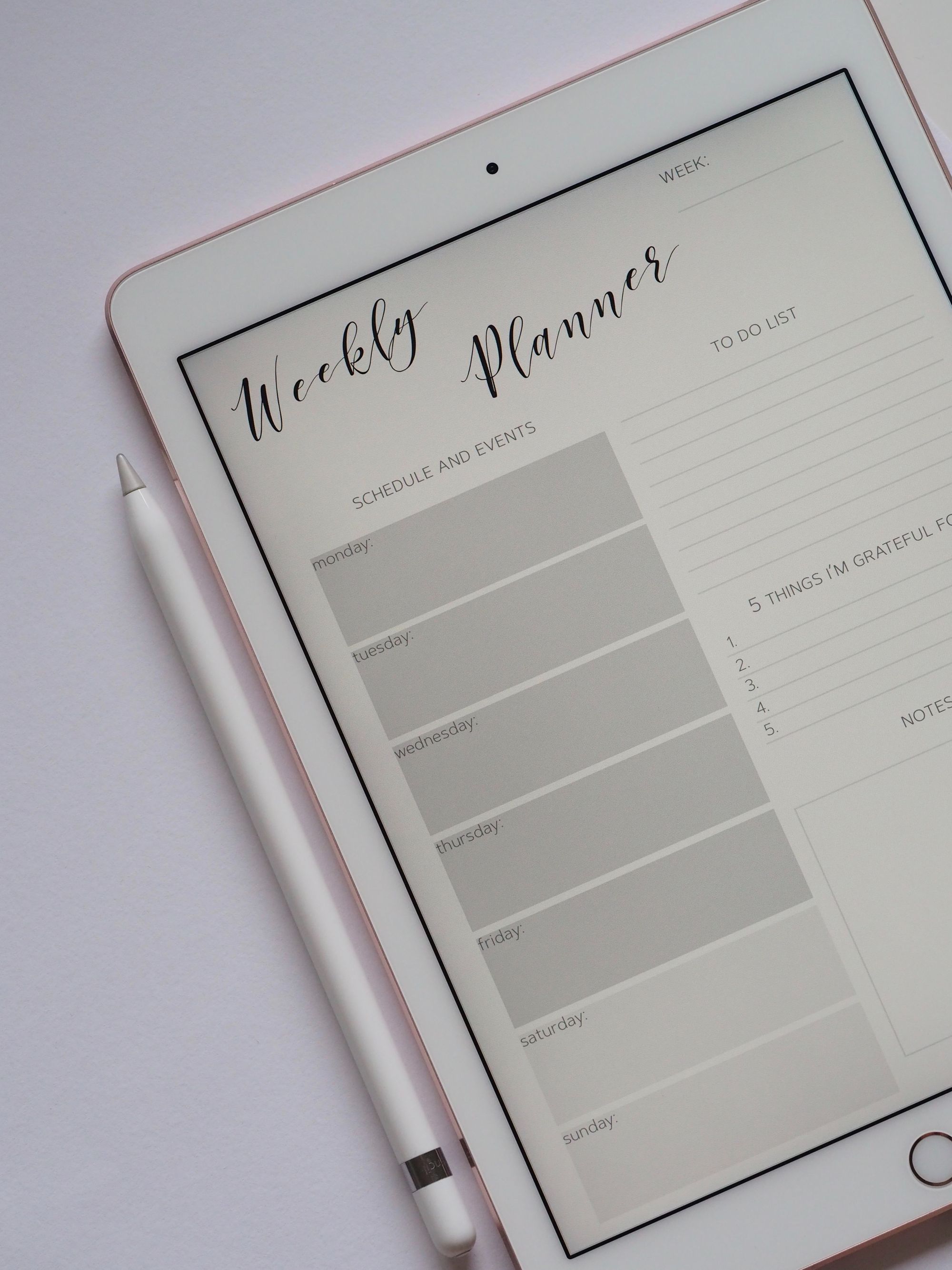Common Myths about Work-life Balance
The benefits of work-life balance are often extolled. However, the concept itself is quite subjective. Here are some of the common myths about work-life balance.

For decades, the concept of work-life balance has fascinated experts and dominated narratives around workplace wellbeing. Many employees today extol the benefits of 9-to-5 jobs with predictable schedules and expectations. But is work-life balance a myth in our volatile, uncertain, complex and ambiguous world?
While balance is essential for a person’s overall wellbeing, it’s important to identify certain work-life balance myths and truths as well.
Here are some common myths about the concept of work-life balance.
Work-life balance myths
Myth one: Work and life are separate/opposite things
Work is also a part of life. We often forget that the opposite of work isn’t life and that life isn’t always exciting or adventurous. Therefore, this differentiation of work and life creates a negative image in our minds where work means toxicity and life doesn’t.

Myth 2: Dividing life into compartments is simple
It is extremely difficult to compartmentalise 24 hours of each day of every week forever – not to mention tedious and inefficient as well. This is because our energy levels, moods, creativity, etc. often fluctuate. So having a blanket rule such as ‘I will work for 8 hours everyday, rest for four, and socialise for three’ will often run into obstacles or last-minute changes. A better option here is to have a broad schedule with enough room for moving things around if needed.
Also read: 10 Work-Life Balance Tips Managers Can Use to Improve Their Mental Health
Myth 3: Micromanaging one’s life makes things run smoothly
Another work-life balance myth is that having multiple to-do lists and sub-lists will make you more efficient. It might be the reverse: being constantly in checklist mode might give you more stress instead. According to PluralSight, a leading blog, micromanagement leads to dangers of loss of control and autonomy among other issues.
For example, person A frequently maps out every detail of her week. But if the smallest planned activity is delayed and/or changed, then every other little (or big) activity following that one gets affected. In such cases, A, who is accustomed to micromanaging, may experience immense dissatisfaction, anxiety, and feelings of loss of control.

Myth 4: More working hours equal greater productivity
What is the measurable impact of spending eight hours at work? It varies from person to person, depending on their skill, experience, inherent motivation, and other factors. The point here is that the hours a person works do not necessarily indicate their productivity. Hence, there will never be a perfect metric on what constitutes the right amount of ‘work’ time.
Check out our intake on Wellbeing
Myth 5: Taking breaks is the only way to create balance
When you are not aligned to the work and/or work environment, no amount of breaks or vacation time can help you achieve more work-life balance. Granted, not everyone can have the job of their dreams. But it’s important to ask whether your work inherently excites and challenges you. Only then can you achieve a state of ‘flow’, where you are at your productive best and ignore all external distractions.
Getting past common myths about work-life balance
For many of us, work is a necessary evil – something that is exhausting or taxing, and thus needs to be balanced out by the right amount of relaxing on-work activities. Therefore, the idea of work-life balance is often based on incorrect fundamentals.
Try Manah's free emotional wellbeing assessment now!
Our lives are not math equations, and balance is not as simple as working or resting for a certain number of hours a day. So, if you work a lot and don’t spend time with the people you want, go ahead, pause that work, and do that. If you need a break from the people and think your work needs more attention for a while, get going.
Sometimes, balance is just another word for what you feel is the right thing to do at that point in time. Hence, recognise that it is a subjective concept, carefully examine the work-life balance myths and truths for yourself, and find out what ‘balance’ means to you.
Read our Beginner’s Guide on Mastery and autonomy
Are you an HR or business head, an entrepreneur, or a team leader? If the well-being of your team is a priority, Manah can be your go-to partner. Do check out our services:
Wellbeing Ambassador Programme
Wellbeing Assessments for Employees
Employee therapy and counseling
Wellbeing challenges for organisations.




